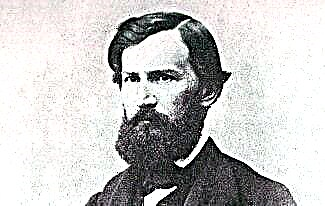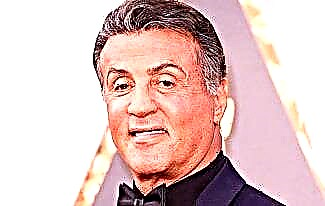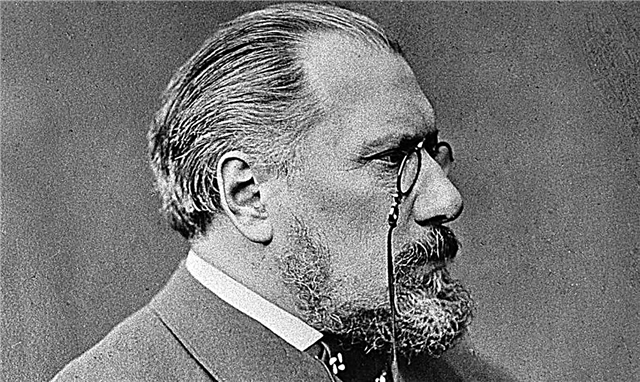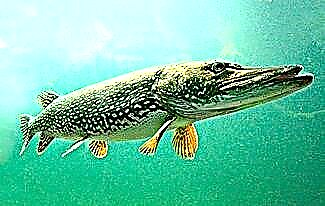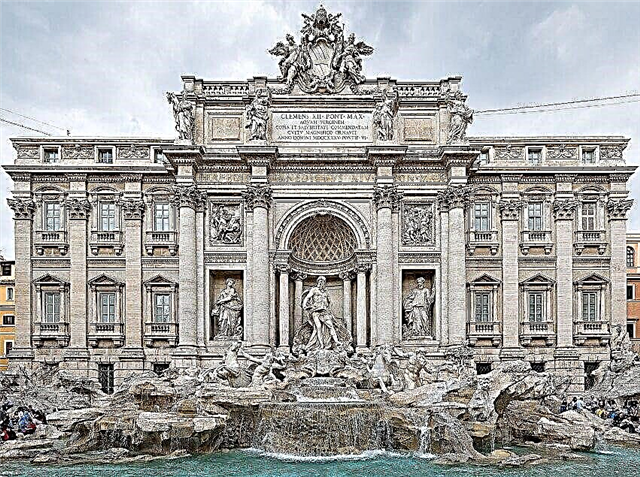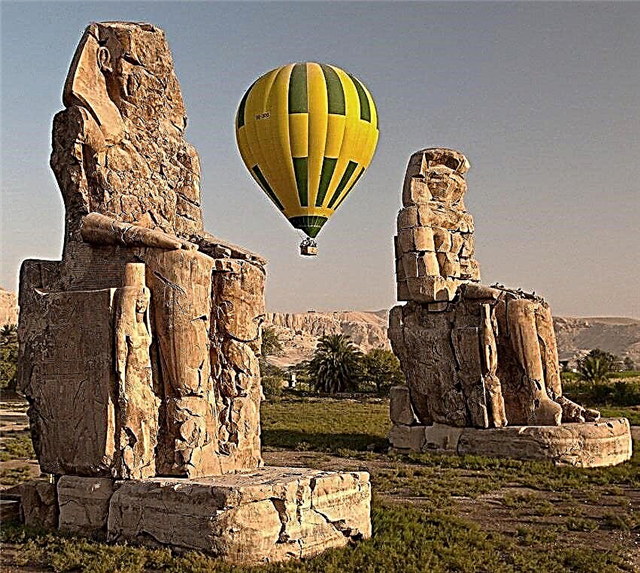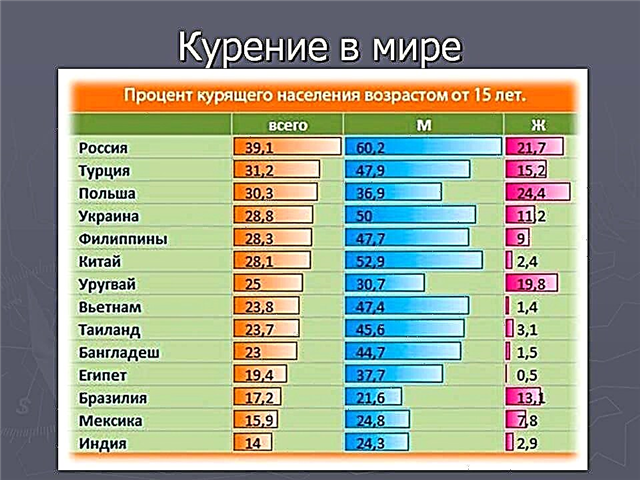Robert Ivanovich Rozhdestvensky (real name Robert Stanislavovich Petkevich; 1932-1994) - Soviet and Russian poet and translator, songwriter. One of the brightest representatives of the era of the "sixties". Laureate of the Lenin Komsomol Prize and the USSR State Prize.

There are many interesting facts in the biography of Robert Rozhdestvensky, which we will talk about in this article.
So, here is a short biography of Rozhdestvensky.
Biography of Robert Rozhdestvensky
Robert Rozhdestvensky was born on June 20, 1932 in the Altai village of Kosikhe. He grew up in a simple family that has nothing to do with poetry. His father, Stanislav Petkevich, was in the service of the NKVD. Mother, Vera Fedorova, headed a local school for some time, while studying at a medical university.
Childhood and youth
The future poet received his name in honor of the Soviet revolutionary Robert Eikhe. The first tragedy in the boy's biography happened at the age of 5, when his father decided to divorce his mother.
When Rozhdestvensky was 9 years old, the Great Patriotic War (1941-1945) began. As a result, my father went to the front, where he commanded a sapper battalion with the rank of lieutenant.

An interesting fact is that his first verse - "With a rifle my dad goes on a hike ..." (1941), the child dedicated to his parent. Stanislav Petkevich died in early 1945 on the territory of Latvia, without seeing the victory of the Red Army over Hitler's troops.
Robert's mother, who by that time had already received a medical education, was also called up to serve in the army. As a result, the boy was raised by his maternal grandmother.
In 1943, the poet's grandmother died, after which Robert's mother registered her son in an orphanage. She was able to pick it up after the end of the war. By that time, the woman remarried with the front-line soldier Ivan Rozhdestvensky.
The stepfather gave his stepson not only his last name, but also his patronymic. After defeating the Nazis, Robert and his parents settled in Leningrad. In 1948 the family moved to Petrozavodsk. It was in this city that the creative biography of Rozhdestvensky began.
Poems and creativity
The first poems of the guy, which drew attention to, were published in the Petrozavodsk magazine "At the Turn" in 1950. The next year he succeeds, from the 2nd attempt, to become a student at the Literary Institute. M. Gorky.
After 5 years of study at the university, Robert moved to Moscow, where he met the novice poet Yevgeny Yevtushenko. By that time, Rozhdestvensky had already published 2 of his own poetry collections - "Test" and "Flags of Spring", and also became the author of the poem "My Love".
At the same time, the writer was fond of sports and even received the first categories in volleyball and basketball. In 1955, for the first time, the song "Your Window" was based on Robert's verses.

In subsequent years of his biography, Rozhdestvensky will write many more lyrics for songs that the whole country will know and sing: "Song of the Elusive Avengers", "Call Me, Call", "Somewhere Far Away" and many others. As a result, he became one of the most talented poets in the USSR, along with Akhmadulina, Voznesensky and all the same Yevtushenko.
The initial work of Robert Ivanovich was saturated with "Soviet ideas", but later his poetry began to become more and more lyrical. There are works in which much attention is paid to human feelings, including the most important of them - love.
The most striking poems of that time were "A woman's monologue", "Love has come" and "Be weaker, please." In the spring of 1963, Rozhdestvensky attended a meeting between Nikita Khrushchev and representatives of the intelligentsia. The General Secretary harshly criticized his verse entitled "Yes, boys."
This led to the fact that Robert's works ceased to be published, and the poet himself no longer received invitations to creative evenings. Later he had to leave the capital and settle in Kyrgyzstan, where he earned his living by translating the works of local writers into Russian.
Over time, the attitude towards Rozhdestvensky softened. In 1966 he was the first to receive the Golden Crown Prize at the Poetry Festival in Macedonia. In the early 70s, he was awarded the Moscow and Lenin Komsomol awards. In 1976 he was elected secretary of the USSR Writers' Union, and the following year became a member of the CPSU.
During these years of biography, Robert Rozhdestvensky continued to write lyrics for songs performed by Russian pop stars. He was the author of the words for a number of famous compositions: "Moments", "My Years", "Echoes of Love", "The Earth's Gravity", etc.

At the same time, Rozhdestvensky hosted the TV program "Documentary Screen", where documentary materials were shown. In 1979 he received the USSR State Prize for his work "210 steps".
A few years later, Robert Ivanovich was the head of the commission on the creative heritage of Osip Mandelstam, doing everything possible to rehabilitate the repressed poet. He was also the chairman of the Commissions on the literary heritage of Marina Tsvetaeva and Vladimir Vysotsky.
In 1993 he was among the signers of the controversial "Letter of Forty-Two". Its authors demanded that the newly elected authorities prohibit "all types of communist and nationalist factions and associations", "all illegal paramilitary groups", as well as impose harsh sanctions "for the propaganda of fascism, chauvinism, racial discrimination, for calls for violence and cruelty."
Personal life
The wife of the poet Rozhdestvensky was the literary critic and artist Alla Kireeva, to whom he dedicated many poems. In this marriage, the couple had two daughters - Ekaterina and Ksenia.
Death
In the early 90s, Rozhdestvensky was diagnosed with a brain tumor. He was successfully operated on in France, thanks to which he was able to live for about 4 more years. Robert Rozhdestvensky died on August 19, 1994 at the age of 62. The cause of death of the writer was a heart attack.
Rozhdestvensky Photos






